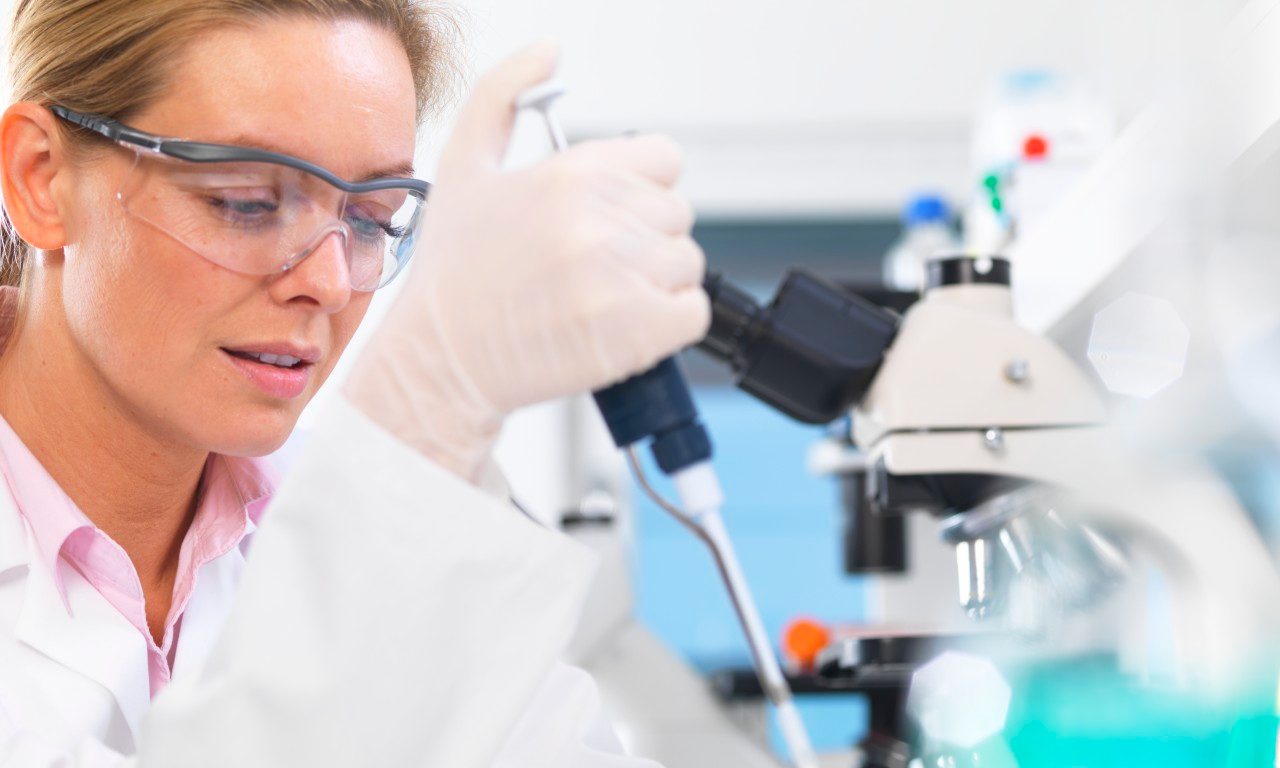The Risks of Genetic Tests

Choose labs that participate in the global database ClinVar.
Dozens of companies offer tests that cost anywhere from under $100 to more than $2,000 to assess your genetic risk of developing certain illnesses. Their goal is to find variants, also known as “mutations,” tied to diseases. But the science is young, and, as genetics lab workers often say, “Anyone can find a mutation, but not everyone can interpret them.” There are many millions of variants and many are rare or not understood. Even when we know a variant is tied to a disease, we may not know how much it increases risk.
To speed research, the U.S. government helped create and fund a global database, ClinVar, which reported for the first time in the spring of 2015. Based on results contributed by university research projects and some private companies, the project has tracked some of the best-known variants. Of those that have been analyzed by more than one lab, the labs disagreed on disease risk for 17 percent. Altogether, at least 415 gene variants now could be interpreted differently in ways that may affect medical choices — more than scientists had expected.
Eric Topol, MD, director of the Scripps Translational Science Institute in La Jolla, California, and the author of “The Creative Destruction of Medicine: How the Digital Revolution Will Create Better Health Care,” predicts that if more data is shared, the mysteries will generally be solved, but that this may not happen for years. You can help by choosing labs that participate in the pool.
If you’re curious about what your genes could reveal, be prepared: you’re likely to find a variant suggesting increased risk. In one study, researchers recruited 199 patients of a large health maintenance organization aged 25 to 40 and offered them free testing of 15 variants associated with increased risk for diabetes, heart disease, high cholesterol, high blood pressure, lung cancer, colon cancer, skin cancer, or osteoporosis. None of the participants had a current diagnosis for those problems. After testing, on average, they turned out to carry at least one variant associated with increased risk for six of the eight health conditions. This came to an average of nine risk-increasing variants out of the possible 15. That may sound scary, but the participants didn’t have a strong emotional reaction. Three months later, only 1 percent had discussed their result with a doctor.
Most people only want genetic information that they can use. The most reliable, and immediately helpful, information may be an analysis of your potential response to particular drugs, including the blood-thinners warfarin (Coumadin), which help prevent clots. In 2007, the Food and Drug Administration approved labeling on warfarin that suggests doctors use genetic tests to optimize dosing. However, there’s evidence that test-based dosing doesn’t work as well for African Americans.
Genetic testing can give you the push you need to take precautions. For example, in a small study, people who learned that they carry the APOE ε4 gene, which puts them at higher risk of Alzheimer’s, were almost six times more likely to have bought long-term care insurance or increased their coverage than people who tested negative. Research suggests that exercise can help defend you against gingko biloba that aren’t backed by research.
Patient names remain confidential in ClinVar, but it is already apparent that mistakes are being made. Study leader Heidi Rehm, PhD , who heads the genetics lab at Brigham and Women's Hospital in Boston, points to a case of a woman who was incorrectly told she didn’t have an elevated breast cancer risk. With the right analysis, she might have had preventive surgery. She later developed breast cancer. Genetic counselors might be able to help you weigh the pros and cons of testing.
Updated:
March 31, 2020
Reviewed By:
Janet O’Dell, RN